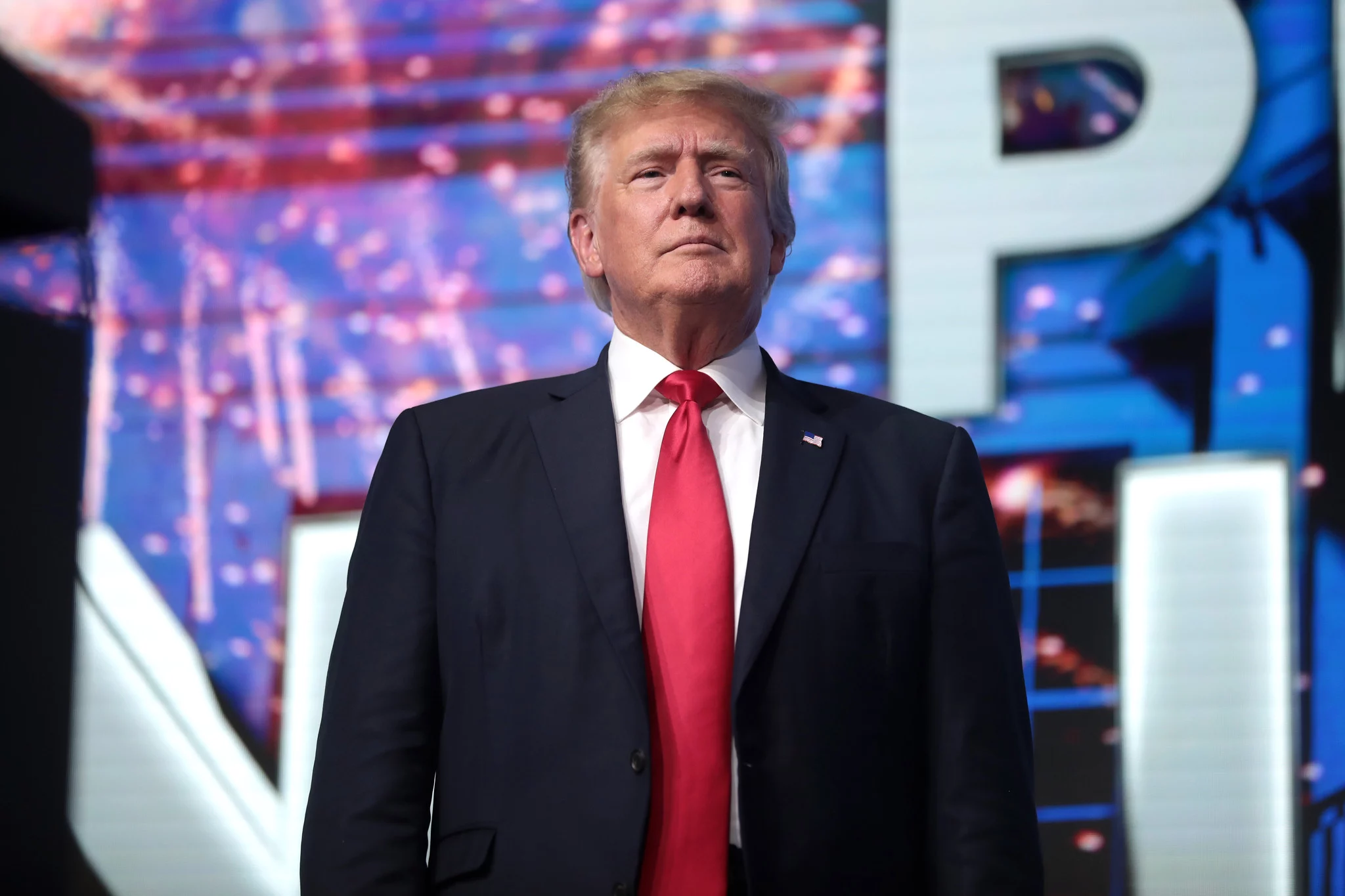Two of the Trump Organization companies, i.e., Trump Corp. and Trump Payroll Corp., are guilty of tax fraud. The Manhattan jury announced their decision when they found the organization falsifying the business records.
As per the Washington Post, the jury declared the Trump Organization guilty of multiple charges of criminal tax fraud as well.
However, Trump and his family were not convicted in this trial, but the former president was mentioned frequently during the court proceedings. Prosecutors brought up Trump’s connections to benefits allotted to particular executives on numerous occasions.
The Trump Organization has $1.61 million in fines due in mid-January, but it is not at risk of being dismantled. There’s no instrument under New York law that would help dissolve the two companies. However, a felony conviction could make it more difficult for the company to make business and secure loans or contracts.
The criminal conviction comes as former President Trump is under scrutiny by federal and state prosecutors. He is being asked questions regarding his handling of classified documents, his drudgery to topple the 2020 election results, and the precision of business records and financial statements of the Trump Organization.
The Manhattan District Attorney made a point that this case was all about greed and cheating. The two companies were trying to conceal the benefits their top executives enjoyed from the taxing authorities.

The companies started a scheme that provided the top executives with some ravishing perks.
Further, the court said that they’ve heard of an incident where Trump himself agreed to pay the tuition fee of a private school for Weisselberg’s grandchildren. Donald also leased out an apartment for him to shorten the commute time.
The jury heard that Mr. Trump signed the bonus checks of his employee and also reduced the pay of some executives that were aware of the ongoing fraud in the company.
Prosecutors allege that executives were falsifying their salaries by subtracting company-provided benefits to avoid expending taxes.
After three days of testimony, Weisselberg pleaded guilty to 15 felonies and agreed that he failed to pay taxes on $1.76 million income. If the judge agrees that he testified truthfully, they will convict him to five months in jail.
In his testimony, Weisselberg admitted that he should have paid taxes on a bulk amount of money he was receiving, which included a luxury apartment in Manhattan, two Mercedes Benz leases, utilities, and private school tuition for his grandchildren. He also said he paid himself bonuses with other executives in such a way as to evade taxes.
Weisselberg and McConney both testified that they committed illegal acts with the help of one another. This was verified by McConney’s own testimony, during which he admitted to being equally culpable in some instances.
Furthermore, Weissleberg admitted that he never had the vision to hurt the company. He wanted to pay less taxes, and his greed made him do these illegal acts. He also agreed to the fact that from his actions, the companies would also earn some benefits.















